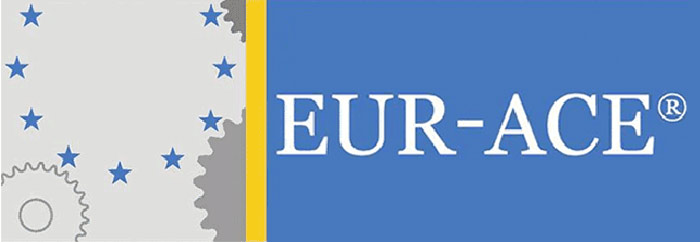The degree aims to train professionals at the forefront of technological knowledge and professional skills, allowing them to specialize in one of the four basic technologies that support the interconnected digital society: telecommunication systems, electronic systems, telematics and sound and image. The solid training acquired provides the ability to adapt to a sector in continuous evolution.
This degree qualifies students to practice the regulated profession of Technical Telecommunication Engineering. These professions are those in which, in order to develop their activity, a special condition must be met, which is generally to be in possession of a certain academic degree. Our profession has specific legal competences and has a professional association.
In addition to technological training, this programme also teaches project management and other transversal competencies. The degree includes more than 50% of practical training, including laboratory and team work. The temporal configuration of the curriculum is noteworthy, which facilitates national and international mobility of students in the final year or internships in companies.
Among the characteristics of the degree, there are the following:

The degree has the EUR-ACE® accreditation, considered the most prestigious accreditation that an engineering degree can obtain in Europe. It is supported by the European Network for Accreditation of Engineering Education (ENAEE), which guarantees the quality of engineering education programmes in Europe.
- A mentoring programme (MEET-Teleco) that provides transversal competencies (group management, time planning, empathy, emotional and social intelligence, leadership, etc.) in addition to helping new students in their incorporation to the university.
- An employment orientation programme (OrientaTE) that facilitates access to the labour market in a degree programme in which unemployment is testimonial.
- Multiple activities that allow students to develop social skills as well as technical knowledge.
Our degree was selected to participate in the Excellence Plan of the Galician University System Ultreia 2020, which includes a set of actions that aim to ensure that Galician universities make a leap in quality.
Under this plan, an itinerary in English (BTTE) is offered so that students who so wish may take up to 80% of the degree compulsory credits in this language.
Currently offered:
ENGLISH
20
NEW ENTRY PLACES
GALICIAN/SPANISH
115
PLACES
PARS
15
PLACES
A profession with recognition and high demand
People working in this sector are in high demand in the business world and are internationally recognised. In fact, the graduates of this degree have a high level of employability, with dedication to technical work in line with their training. They are professional experts in the design, analysis, implementation, exploitation and management of components and processes in the field of ICT.
To become a TELECO you “only” need:
- Previous training leading to advanced knowledge in mathematics and physics.
- Study skills.
- Willingness to work.
- Ability to think logically and abstractly.
- Capacity for observation and analysis.
- Ability to solve problems.
- Interest in the practical application of knowledge.
- Responsibility in team work.
- Ability to adapt to technological changes.
- Interest in science and technology.
Career opportunities
The degree in Telecommunication Technologies Engineering at UVIGO enables students to practice the profession of Technical Telecommunication Engineering in the speciality they have studied (Telecommunication Systems, Electronic Systems, Telematics, and Sound and Image).
Currently, the profession of Technical Telecommunication Engineering is in full employment rates and its professionals are one of the most demanded in the technological field and with more future prospects.
Some of the fields related to the professional opportunities of this degree are:
- Design and implementation of telecommunication systems.
- Design and implementation of audiovisual systems.
- Robotics and Internet of Things.
- Smart cities.
- Computer security.
- Blockchain.
- Artificial intelligence.
- Industry 4.0.
- Big data.
- Aerospace applications.
- Technology business consulting.
- Design of software and multimedia applications.
- Management of technological projects.
- Free practice of the profession (projects, appraisals, installations, etc.).
Specialities
The four professional specialities that lead to the professional attributes of Technical Telecommunications Engineering are taught:
- Telecommunication Systems.
- Electronic Systems.
- Sound and Image.
- Telematics.

